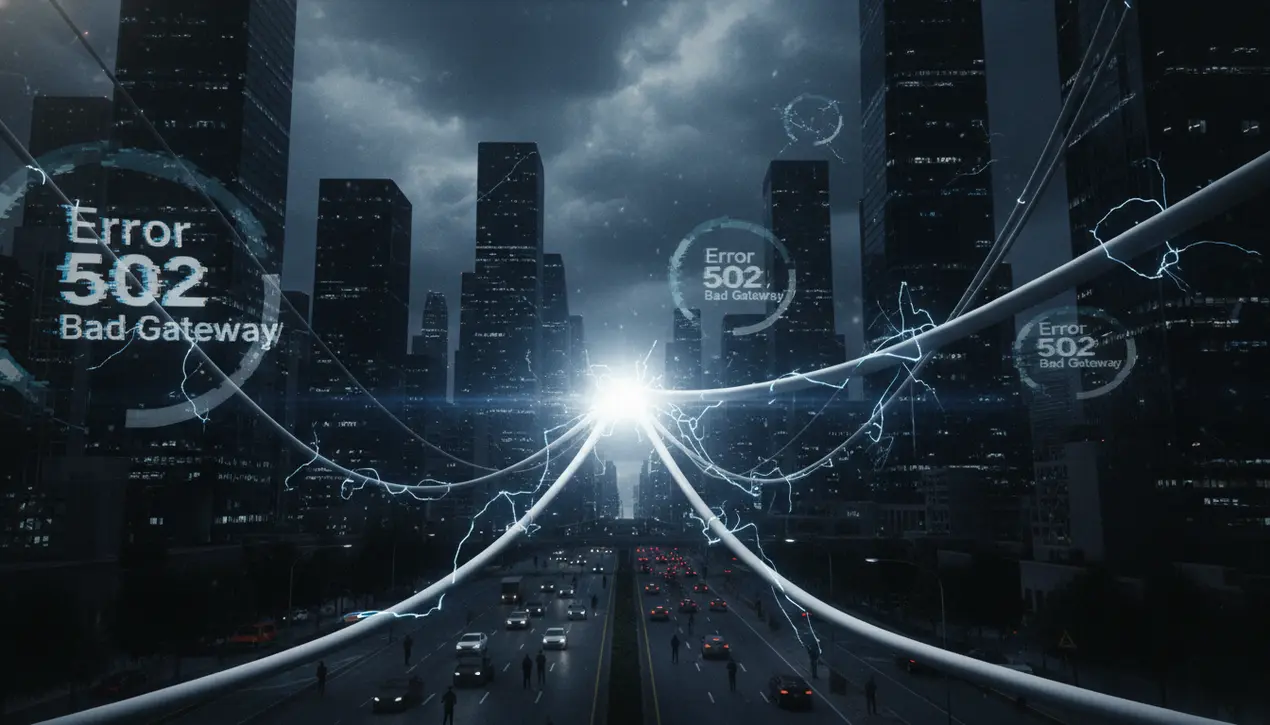
Othertransport & aviationAirlines and Airports
Why a Cloudflare Outage Can Take Down the Internet
OL
Oliver Scott
2 hours ago7 min read
When Cloudflare stutters, the digital world holds its breath, a stark reminder of the brittle interdependencies underpinning our modern existence. This isn't merely a service interruption; it's a systemic shock to the global network's central nervous system.The company, ostensibly a content delivery network and security provider, has evolved into a foundational utility, an essential piece of infrastructure as critical to the internet's function as a power grid is to a city. Its outage is the digital equivalent of a cascading blackout, where a single point of failure triggers a domino effect of inaccessibility.The mechanics are deceptively simple: Cloudflare acts as a massive reverse proxy, sitting between end-users and millions of websites, filtering malicious traffic and accelerating content delivery. When that proxy vanishes, it's as if every doorkeeper for a vast metropolis simultaneously walked off the job; the buildings—the websites and services—are still there, but no one can find the entrance or verify their credentials to get in.The immediate symptoms are familiar and universally frustrating: error 502s, timeout messages, and spinning loading icons where vibrant content should be. But the underlying cause is a concentration of risk.Much of the modern web, from small blogs to Fortune 500 company portals, relies on Cloudflare's DNS services, its DDoS mitigation, and its global anycast network. This creates an enormous single point of failure, a centralization of authority in a system originally designed to be decentralized and resilient.The economic impact of such an event is instantaneous and vast, halting e-commerce transactions, disrupting financial trading platforms that depend on millisecond-level latency, and paralyzing remote work infrastructures. From a risk analysis perspective, this presents a classic 'too big to fail' scenario.The very efficiency and security Cloudflare provides have made the broader internet ecosystem more vulnerable to its occasional, inevitable collapses. Historical precedents are clear; we saw similar centralization with earlier internet giants, but the scale today is unprecedented.The consequences extend beyond mere inconvenience, posing tangible threats to public safety when emergency service communications are routed through these channels and to democratic processes when news and information hubs go dark during critical periods. The lesson for enterprises and policymakers is unambiguous: over-reliance on any single provider, no matter how robust, introduces a critical vulnerability into our global digital infrastructure.Building true resilience requires a more federated, multi-vendor approach, even if it comes at a cost to pure efficiency. The next outage isn't a matter of if, but when, and the preparedness of the global internet depends on learning this lesson before the shock becomes a catastrophe.
#Cloudflare
#internet outage
#service disruption
#infrastructure
#technology
#featured
Stay Informed. Act Smarter.
Get weekly highlights, major headlines, and expert insights — then put your knowledge to work in our live prediction markets.
Comments
Loading comments...
© 2025 Outpoll Service LTD. All rights reserved.